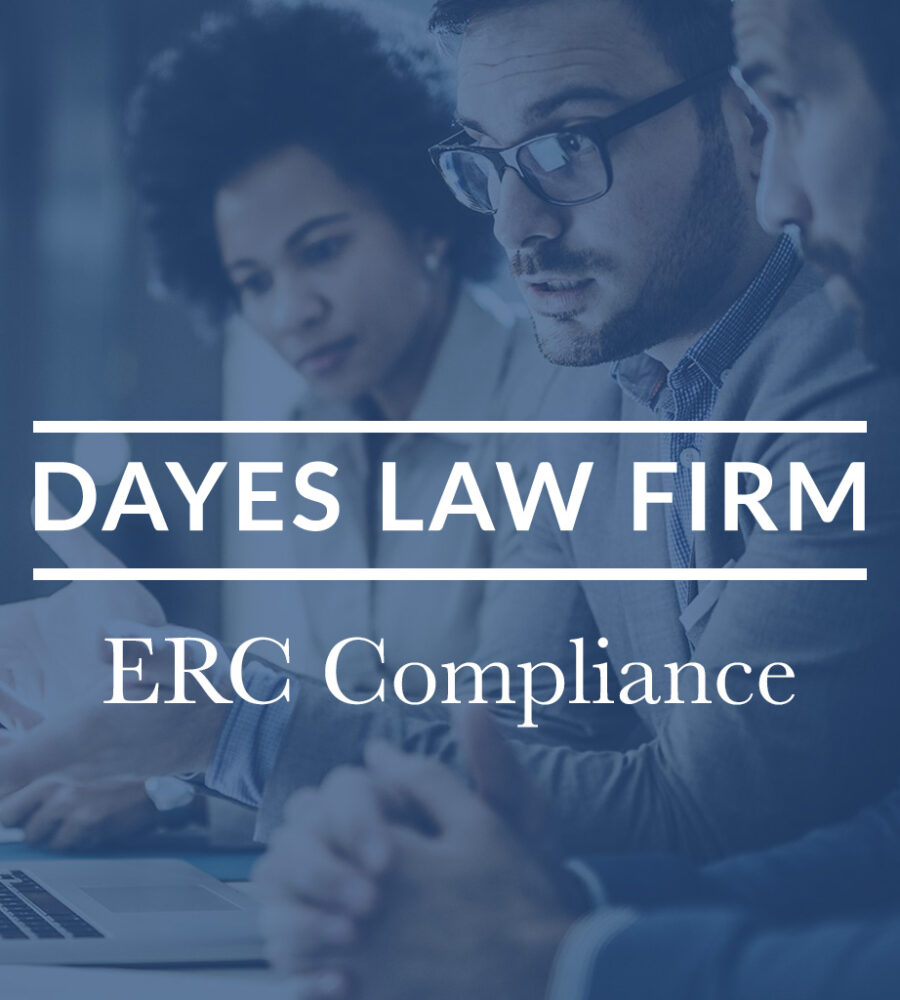Guidance and Support for yourTax Controversy Challenges
Navigating tax disputes can be a daunting task, but with our seasoned team of experts by your side, you can face any challenge with confidence. At Dayes Law Firm, we have dedicated tax attorneys that will resolve tax controversies swiftly and effectively, ensuring that your rights are protected and your financial well-being secured. Fill out the form below for your Free Consultation!
Free Consultation
Choose Dayes Law Firm
Don’t let tax disputes weigh you down. Partner with Dayes Law Firm today and reclaim control over your finances. Contact us to schedule a consultation and take the first step toward a brighter, worry-free future!
- Proven Expertise: Our team comprises experienced tax professionals who have successfully resolved countless cases, from audits to appeals and beyond.
- Efficiency and Diligence: Time is of the essence in tax matters. We work diligently to expedite the resolution process without compromising on quality, saving you time, money, and stress.
- Personalized Approach: We understand that every situation is unique. That's why we tailor our strategies to fit your specific needs, providing personalized guidance every step of the way.
- Transparent Communication: We believe in keeping you informed and empowered throughout the process. You'll receive clear, jargon-free explanations of your options and our recommended strategies.
- Comprehensive Support: Whether you're facing an IRS audit, tax dispute, or need assistance with compliance, we offer a full suite of services to address all your tax controversy needs.


Questions? Dayes Law Firm Has The Answers
An IRS audit is a review of a taxpayer’s financial information and records to ensure compliance with tax laws and regulations. Audits can be conducted either by mail (correspondence audit) or in person (field audit).
The IRS uses various methods to select taxpayers for audits, including computerized screening based on discrepancies or anomalies in tax returns, random selection, and referrals from other sources, such as third-party reporting.
There are three main types of IRS audits: correspondence audits, in-person audits (field audits), and office audits. Correspondence audits are conducted by mail, while field and office audits involve meetings with IRS representatives.
If you receive a notice of an IRS audit, it’s essential to respond promptly and follow the instructions provided. Failure to respond to an audit notice can result in adverse consequences, including penalties and additional taxes.
Taxpayers should gather all relevant documentation and records to support the items reported on their tax returns, including income statements, receipts, bank statements, investment records, and other financial documents.
Common triggers for IRS audits include discrepancies or inconsistencies in tax returns, high-income levels, claiming deductions or credits that are unusually high or out of the ordinary, and involvement in certain industries or professions that are more prone to tax evasion.
During an IRS audit, the IRS will review the taxpayer’s financial records and documentation to verify the accuracy and completeness of the information reported on their tax return. The taxpayer may be asked to provide additional information or clarification as needed.
Taxpayers have certain rights during an IRS audit, including the right to representation, the right to appeal any proposed adjustments, the right to confidentiality, and the right to a fair and impartial process.
The potential outcomes of an IRS audit include no changes to the tax return, adjustments to the tax liability (either increases or decreases), penalties for underpayment or non-compliance, and, in rare cases, criminal prosecution for tax evasion.





 How can I help you?
How can I help you?